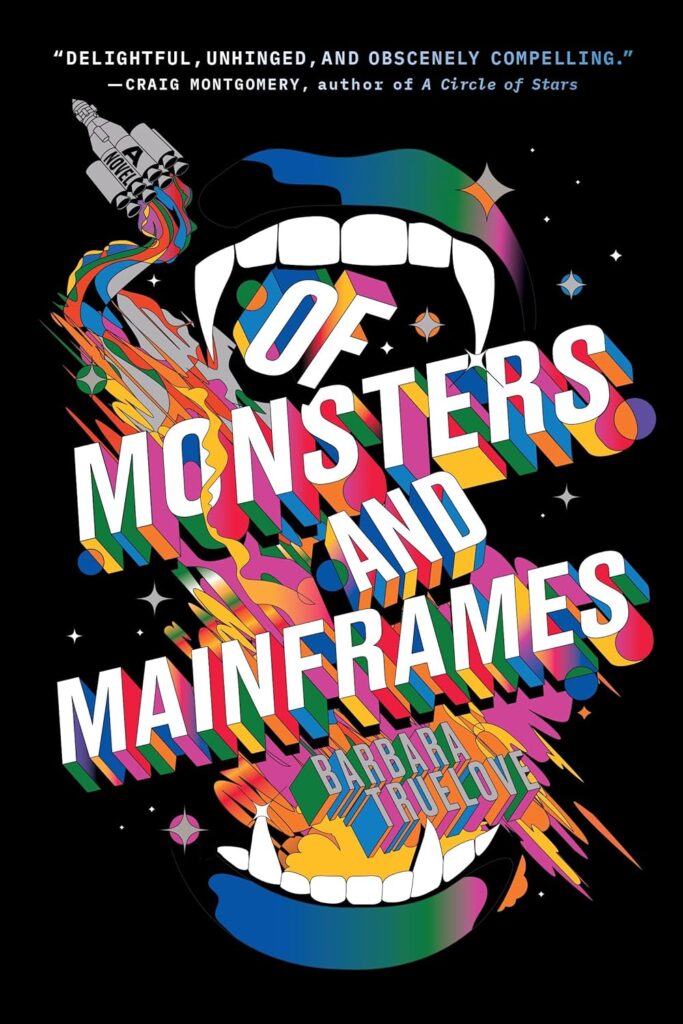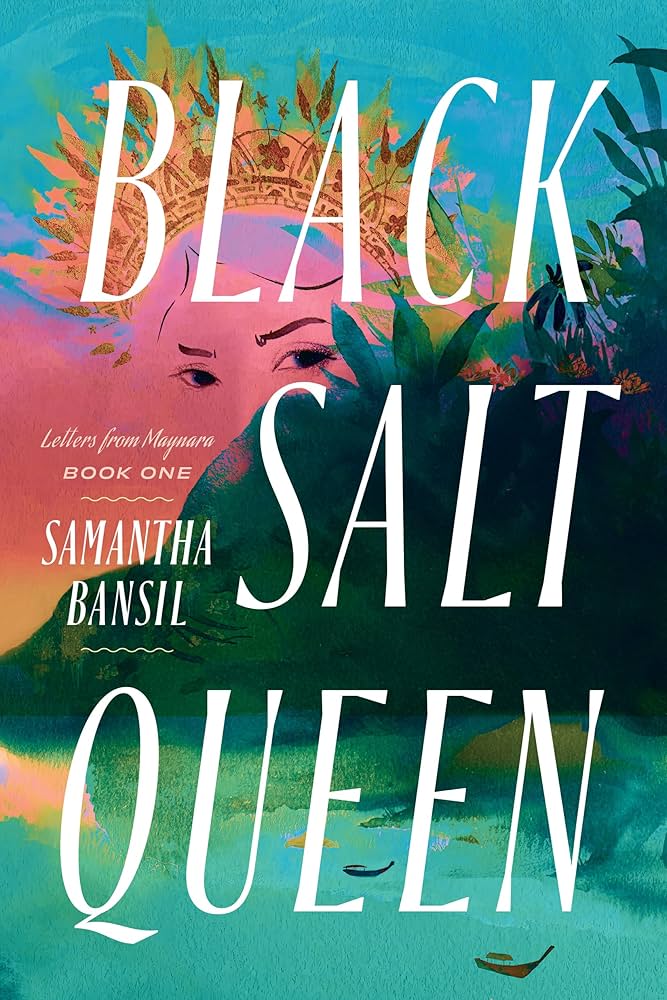The Witch Roads arrives like a long-awaited summer thunderstorm—slow-building, earthy, and then suddenly crackling with strange blue lightning. Published on 10 June 2025 (Tor Books, 448 pp.), it opens Kate Elliott’s planned duology with the confident stride of an author who’s been mapping imperial highways for decades.
- Amazon Kindle Edition
- Elliott, Kate (Author)
- English (Publication Language)
- 439 Pages – 06/10/2025 (Publication Date) – Tor Books (Publisher)
Setting & Premise
Centuries after the fungal plague called the Pall carved toxic rifts through the Tranquil Empire, only the ancient “witch roads” repel its spore clouds. Deputy courier Elen, guardian of her trans nephew Kem, patrols those roads—until a self-important prince commandeers her as guide. When the prince ignores a warning and enters the haunted Spires, he emerges…different: a long-dead haunt now wears his body, chasing a mission even older than the empire itself. Elen must shepherd this counterfeit royal and his entourage across lands where class hierarchies bite as hard as the Pall.
Themes
Elliott raises three big questions:
- Who owns a body? (A literal possession story examines consent and identity.)
- What does status buy, and what is the cost? Her empire’s rigid caste system forces characters to navigate power with every breath.
- What is home when the land itself betrays you? The omnipresent Pall evokes climate dread and colonial “sacrifice zones.”
The novel also foregrounds queer resilience—Elen’s middle-aged practicality, Kem’s adolescent transition, and the haunt’s fluid sense of self push back against inherited roles.
Writing Style & Pacing
Expect Elliott’s trademark “big-fat-fantasy that refuses info-dumps.” Scene after scene is grounded in tactile detail—dew-damp boots, fungal shimmer on stone—and punctuated by sly humor whenever Elen side-eyes aristocratic nonsense. Reviews note a measured first act that gradually accelerates; once the trek begins, tension builds without losing focus on character development. Readers who love the slow unfurling of Cold Magic or Spiritwalker will feel at home.
Characterization
Elen is refreshingly adult: late thirties, competent, nursing quiet traumas from a childhood as a “Pall-shield” slave. Her guarded kindness contrasts sharply with the haunt’s centuries-old intensity and the prince’s absent arrogance. Kem reads like a real teenager—audacious, wounded, sometimes infuriating—and the supporting cast (Griffin riders, bureaucrats, snide courtiers) each bristle with agendas. The result is a story where alliances feel provisional and personal.
Critique
- Structural cliff-hanger: As several early readers warn, book one ends at “a pause rather than a conclusion”—completionists may want to wait for November’s sequel.
- Front-loaded world jargon: Titles and road terminology arrive fast; a glossary would have helped newcomers.
- Occasional clunky phrasing: A few sentences overrun their rhythm, though momentum quickly papers over them.
Verdict
The Witch Roads is classic Elliott: immersive world-building, razor-sharp social commentary, and characters who feel lived-in rather than invented. If you enjoy epic fantasy that prioritizes working-class heroines, explores queer found family, and blends body horror with political intrigue, this journey is worth every dusty mile.
Recommended for
- Fans of T. Kingfisher’s A Wizard’s Guide to Defensive Baking (competent women vs. pervasive rot)
- Readers who enjoy the “older heroine + supernatural passenger” dynamic of Arkady Martine’s Teixcalaan books
- Anyone craving fungi-tinged adventure with grumpy-sunshine chemistry
Skip if slow starts frustrate you or you need a neatly wrapped ending right away. Otherwise, lace up your courier boots—the Pall is rising, and the roads are calling.




